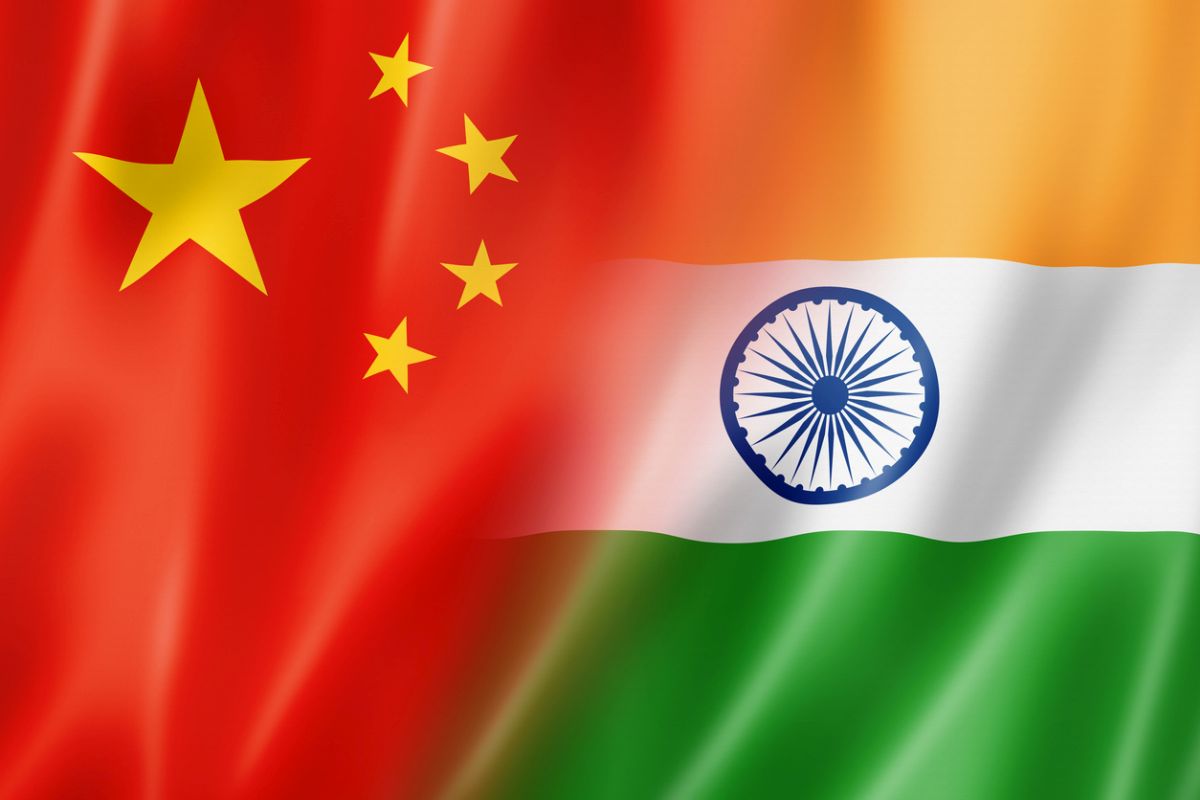Indo-Tibetan Border Police (ITBP) Director General Surjeet Singh Deswal on Wednesday said that no “transgression” incident occurred in the recent past at the India China border and the status quo is well maintained.
While addressing the media at the ITBP’s annual conference in New Delhi, the DG noted that India and China have a very good understanding and mechanism to solve problems on the border.
Advertisement
Deswal said the India-China border was “absolutely safe and secure” and there had not been any major incident of “incursion” by Chinese troops post the Malappuram meeting between Prime Minister Narendra Modi and Chinese President Xi Jinping. He however, clarified that “diplomacy cannot be linked with national security”.
“We (India and China) have a very good understanding. There is a well understood and agreed upon mechanism to find solutions to all the situations arising on the border. That mechanism is perfect and the border is absolutely safe and secure,” Deswal said while addressing the media at the ITBP’s annual conference here.
In reply to a reporter’s question Deswal said “the status quo is very well maintained” and that is not something recent. “It has been maintained for the last 57 years,” he added.
Asserting that the border was “peaceful”, the ITBP chief said both Indian and Chinese troops keep patrolling it and there have been no incidents of aggression.
Asked about the number of incursions by Chinese troops in the Indian area, Deswal said: “There is some difference in the perception of incursion. There are some pockets on the border which we as well as our counterpart claim.
“So, we both patrol on these pockets. There are no new areas in these pockets where they patrol and we don’t. In all the disputed areas, we as well as our counterparts do the patrolling.”
Deswal said ITBP troops do both Long Range Patrolling (LTP) and Short Range Patrolling (SRP) in these areas.
In reply to a query regarding a face-off situation, the DG said: “Yes, it happens sometimes when patrolling teams of both the countries come on the same route as the area is very vast.”
He said that with 25 more Border Outposts (BoPs) added over the past five years along the 3,488-km India-China border manned by the ITBP, patrolling has also increased.
The total number of BoPs on the border is 180 now and this increase in BoPs has enhanced the accessibility of the border upto the “zero line”.
The Doklam stand-off had led to heightened tensions between India and China in June 2017 when their forces were engaged in an eyeball-to-eyeball confrontation after India objected to the illegal construction of a road close to the Chicken Neck corridor at the tri-junction between India, China and Bhutan by the Chinese troops. The 73-day military face-off ended only after the PLA troops stopped the construction activity and withdrew to their side of the border.
Relations between the two neighbours started getting normal after Prime Minister Narendra Modi and Chinese President Xi Jinping met for an informal summit at the Chinese city of Wuhan in April 2018.











